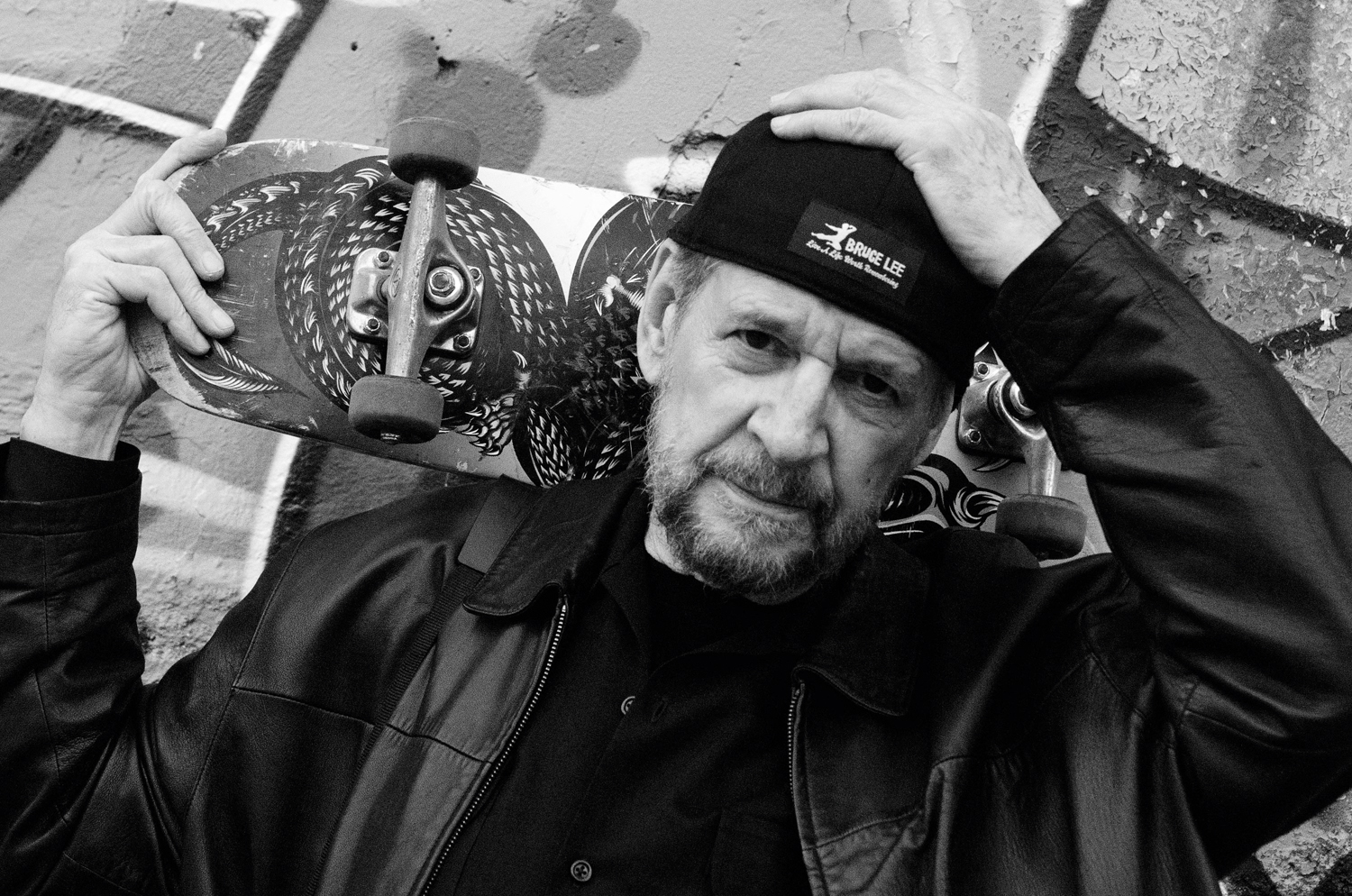Purple Magazine
— S/S 2013 issue 19
Larry Clark
 Larry Clark
Larry Clark
marfa girl
interview by OLIVIER ZAHM
portrait by PIETRO PESCHE
pictures extracted from MARFA GIRL
After working for 50 years as a visual artist — in photography, collage, film, books, and installation art — the 70-year-old American artist Larry Clark has never been more productive, nor has he ever felt so free and inspired. His energy seems to rival that of the kids of this generation. This may be due to his natural affinity to youth as well as his respect for them. Larry Clark may steal their energy, but he has never sold them or himself out, whether to commercial or financial interests. He’s a role model for them and for anyone who refuses to conform.
His latest film, Marfa Girl, shot in the small town of Marfa, Texas is a revelation in American contrasts. Decades ago, New York artist Donald Judd…